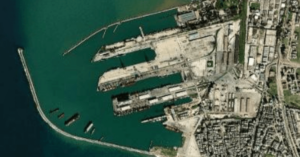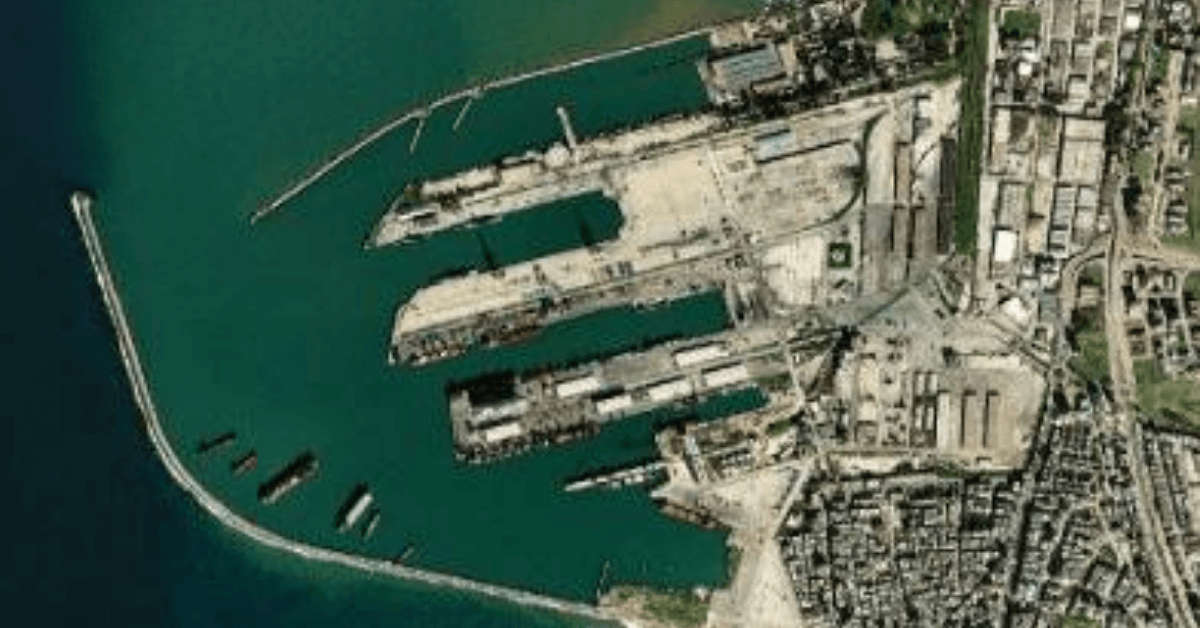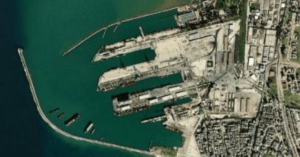
World’s Largest Bulk Export Port Orders 2 Mobile Harbour Cranes To Boost Capacity
January 22, 2025
COSCO & GSBN Launch Blockchain Pilot For Hazardous Cargo Documentation
January 22, 2025

Syria’s new government has cancelled the 49-year investment agreement with Russia regarding the management of the Tartus Port. This means that all revenues from the port’s operations will now go directly to the Syrian state.
The agreement, signed in 2019, required Russia’s Stroytransgas company to invest at least $500 million to modernise the port. However, Syrian officials have said that Russia did not fulfil its investment commitments.
Riyad Joudi, the Director of Tartus Customs, confirmed that the port had been underutilised due to high service fees and regulatory issues.
The government is now working on restructuring the port to improve its operations. This includes revising laws and procedures, with the help of multiple ministries like transport and foreign trade, to make the port more efficient.
Tartus Port has been an important location for Russia’s military strategy. It became a key Russian naval base in the Mediterranean starting in 1977, and its importance grew during Russia’s military involvement in Syria after 2015.
The port allowed Russia to monitor NATO activities and support operations in Syria. It was also used to send military equipment to Bashar al-Assad’s regime and was a base for operations in Africa by Russia’s private military contractors, the Wagner Group.
However, the situation changed in December 2024, when the U.S. designated terror group Hay’at Tahrir al-Sham (HTS) ousted Bashar al-Assad from power.
This led to the withdrawal of Russian military forces from key locations, including Tartus. After Assad left, Russia’s long-term lease at the port became uncertain.
In response to the changing situation, the Russian Navy moved its ships, including the Sparta and Sparta II cargo vessels, off the Syrian coast.
With the new government in power, Syria has begun making changes at the port. They have reduced customs duties by 60% on certain goods, which is expected to make the port more competitive with other regional ports.
Some previously banned goods, like electrical appliances, are now allowed to be imported, although restrictions remain on certain items to protect local industries.
The port’s infrastructure, which was reportedly in poor condition under Russian management, is being repaired and modernised.
Syria is also working to end the illegal drug trade that had been supported by the Assad regime. Under Assad, Syria became the world’s leading producer of captagon, an amphetamine that was often smuggled through Tartus and Latakia ports.
The HTS is dismantling this drug-smuggling network, which had been a major source of revenue for the Assad family and the Syrian military.
Reference: TASS
Source: Maritime Shipping News


